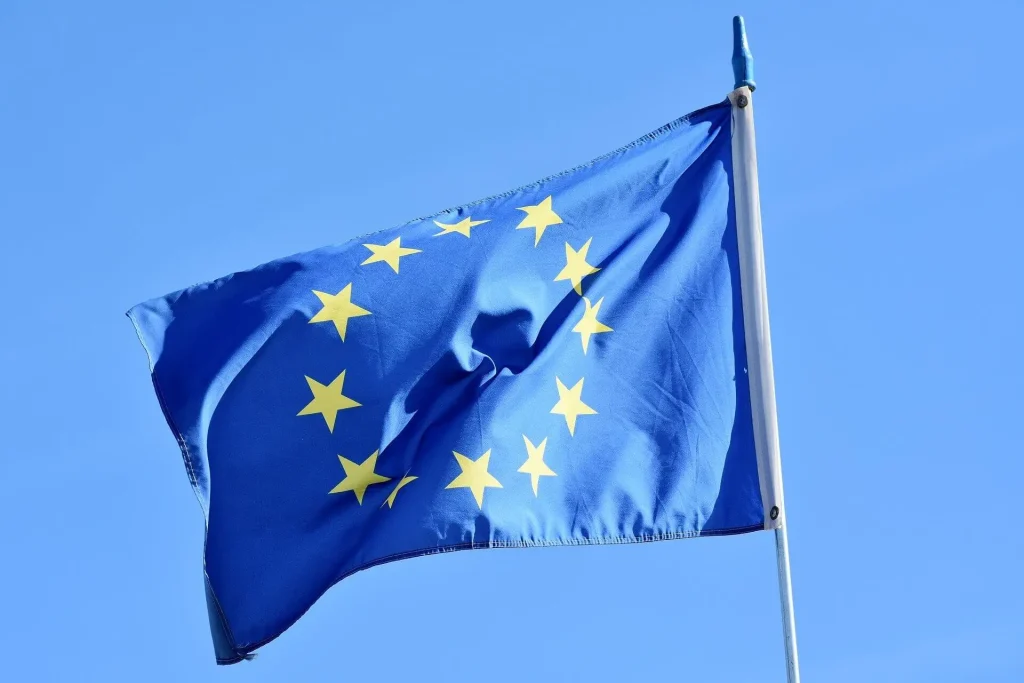“This Social Summit, which is being held after such summit in Gothenburg four years ago, is important as it is being held when all the heads of state or government (of EU member-states) are focused on the protection of workers,” he said.
“I have intended to underscore the importance of the state’s role in the last 15 months. It is only the state that could deal with the issues in that period, he added.”
In this context, he recalled that 10 billion kunas had been set aside for the job retention measures, including grants for workers, support to shortening working hours, and the coverage of the fixed costs in Croatia.
He went on to say that his cabinet aims to raise the employment rate from the current 67% to 78% until 2030.
Since 2016 when the first term of his cabinet started, 110,000 more jobs have been created, according to Plenković.
All the heads of state or government from EU member states, but Germany, the Netherlands, and Malta, attended the Porto meeting.
EU leaders, European institutions, social partners, and civil society representatives met in Porto to reinforce their commitment to implementing the European Pillar of Social Rights.
At the high-level conference organized by the Portuguese presidency in the context of the Porto Social Summit, they discussed how to set the European social policy agenda for the next decade and ensure that we face the present and future challenges, leaving no one behind.
The discussions revolved around three main areas: work and employment, skills and innovation, the welfare state, and social protection.
At the end of the conference, EU institutions, European social partners, and civil society representatives co-signed the Porto Social Commitment.
For more, follow our politics section.











